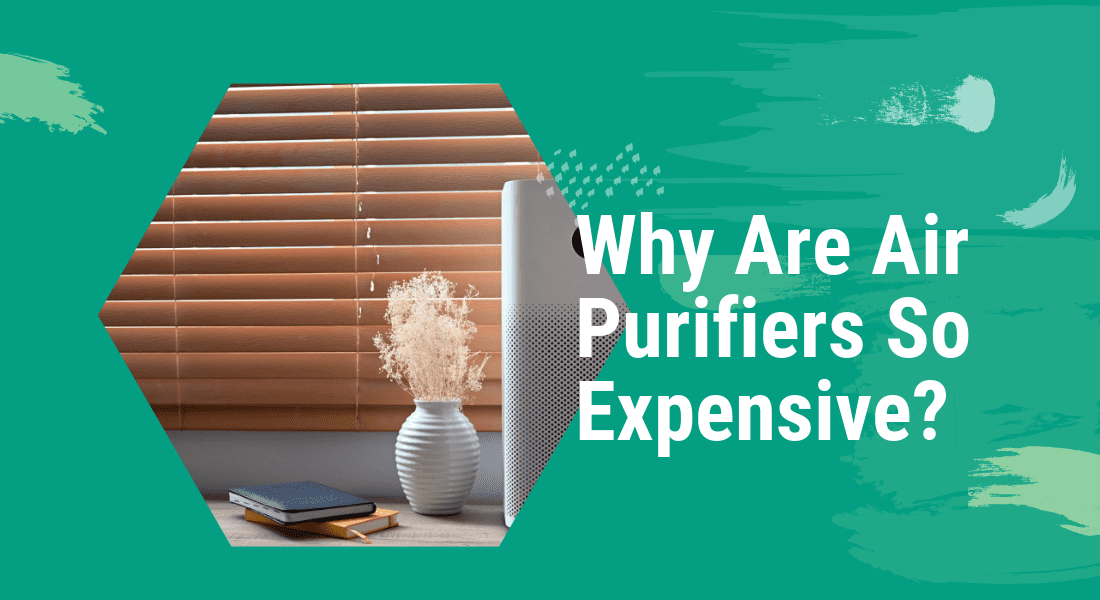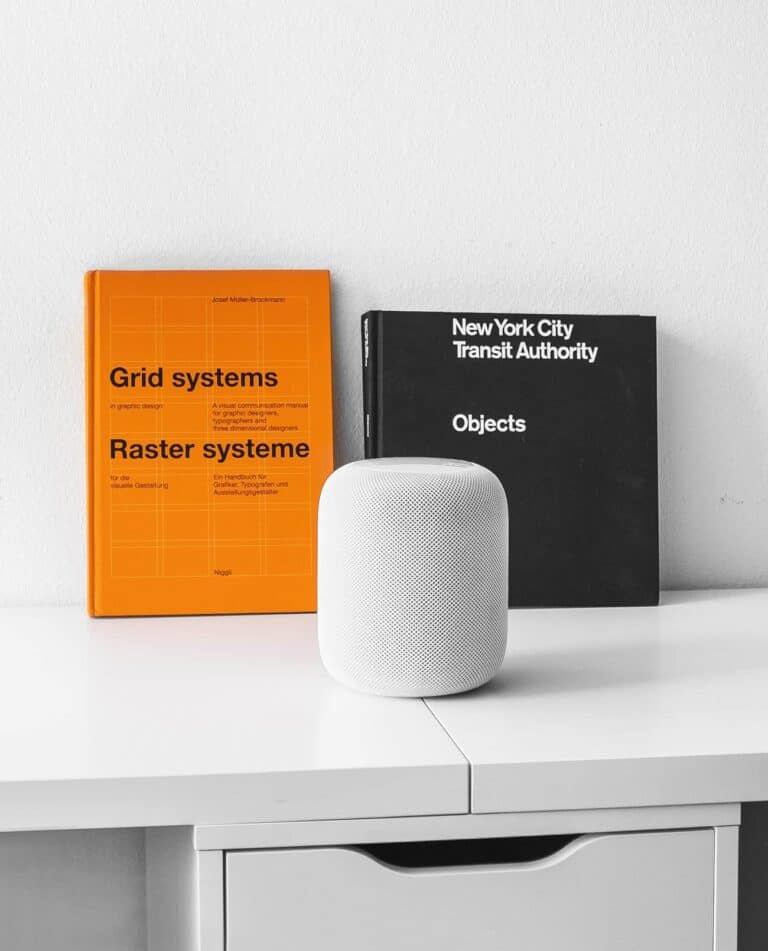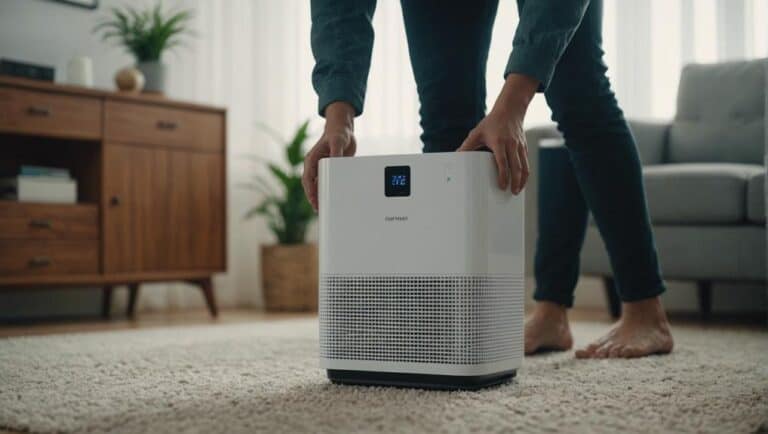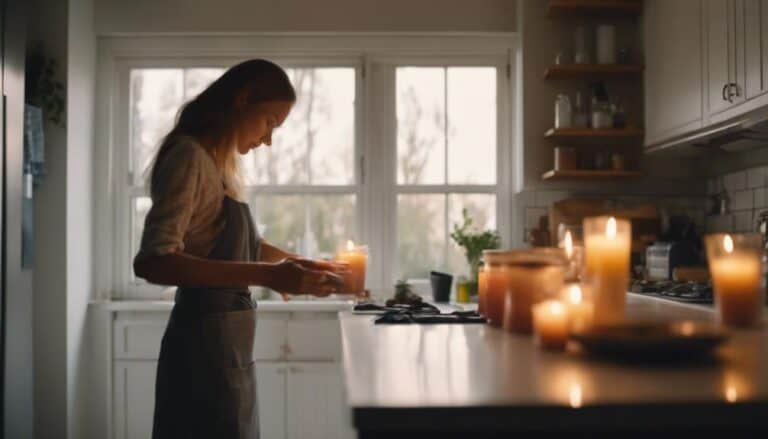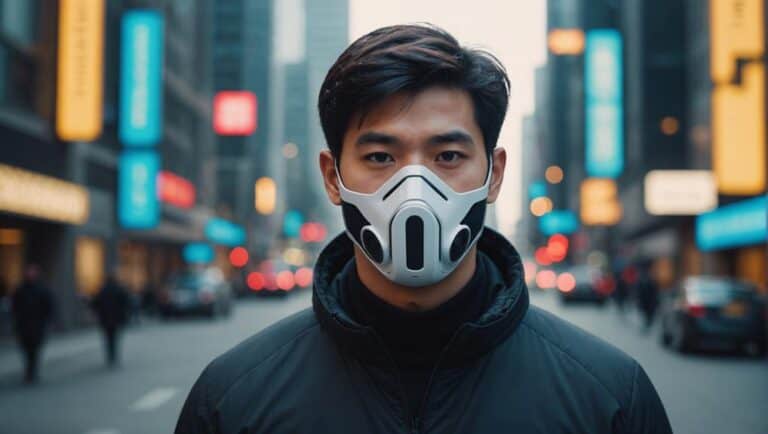The Cost of Clean Air: Why Are Air Purifiers So Expensive?
If you live in a big city, chances are that dust and pollen are making it hard to breathe. Air purifiers can help solve this problem by filtering the air to remove odors, germs, bacteria, and other particulates.
But even with these appliances becoming more affordable, it’s still not always possible for everyone to own one. The cost of air purifiers is often out of reach for most people as well – until now!
In this article, we will investigate why air purifiers tend to be so expensive. Read on to learn more about your options and how you can find the perfect air purifier for your home at an affordable price.
Types of air purifiers
There are a few different types of air purifiers. Some of the most common include:
– HEPA air purifiers
– Room air purifiers
– Central air purifiers HEPA is short for High-Efficiency Particulate Air filters, and these can capture microscopic particles in the air.
These filters can be used for rooms, cars, or medical equipment. Room air purifiers work by bringing fresh outside air into your home. Central air purifiers are less expensive than room or HEPA models, but they work by drawing fresh air into your home and then distributing it throughout all rooms.
What makes an air purifier expensive?
There are a few things that make air purifiers so expensive. The cost of an air purifier is often directly related to the size of the unit, which also influences how much it filters out.
Making matters worse, many brands and models of air purifiers come with a hefty price tag, and these prices can increase even more if you purchase them on sale or when their warranty runs out (which happens quite frequently).
Another factor that contributes to the high cost of air purifiers is the number of replacement filters they require. Replacement filters can be costly, but they’re necessary to keep your air clean, which means you may have to replace them every six months or so – depending on your manufacturer’s recommendation, of course.
As if this weren’t enough, many companies will charge extra for shipping and handling once you buy their product online – so make sure to read the fine print before buying!
4 types of air purifiers and how they work
There are four types of air purifiers, which include whole house air purifiers, room air purifiers, portable air purifiers, and humidifiers.
Whole-house air purifiers are the most expensive and powerful type of air purifier out there. They can be used in any room in your home and will cover a larger area than other types of air purifiers.
Room air purifiers are smaller and more affordable than whole-house models but still offer some pretty amazing features. Portable & stationary units are also available.
The last type is a humidifier that you use to add moisture back into the room’s atmosphere.
There are tons of other features to take into account when shopping for an air purifier – noise levels, filtration rate, cost per day/night, size of coverage area, power usage ratings – so it’s important to know what you’re looking for before heading to the store!
When you know what you need, it’ll be easier to find the perfect one for your needs.
How to choose the best air purifier for your home
Choosing the best air purifier for your home isn’t easy. You need to analyze your needs, assess the pros and cons of each type of purifier, and weigh the price against effectiveness.
Determining which filters you need If you live in a big city, chances are that dust and pollen are making it hard to breathe.
Air purifiers can help solve this problem by filtering the air to remove odors, germs, bacteria, and other particulates. But even with these appliances becoming more affordable, it’s still not always possible for everyone to own one.
3 types of HEPA filters for your home
People often wonder why air purifiers are so expensive. While there are many factors that go into the price of an air purifier, it’s important to remember that two of the most important components of an air purifier are its HEPA filter and its filter cartridge.
HEPA filters are responsible for filtering out particulate matter and other contaminants, including bacteria and viruses, from the air that is drawn into your home. HEPA filters can be found on most portable and stationary air purifiers.
The quality of a HEPA filter depends on the level of filtration technology it uses – they come in three levels:
HEPA-10 is the best grade available; this filter comes with an efficiency rating of 99.97 percent.
HEPA-14 filters have an efficiency rating between 99.9 to 99.95 percent; these filters also come with a capture rate of around 0.3 microns or 0.3 millimeters, which means they trap particles as small as 3 microns (or 3 millimeters).
HEPA-16 filters have an efficiency rating between 99 to 98 percent; these filters also come with a capture rate of around 0.3 microns or 0.3 millimeters but don’t offer as high a capture rate as those offered by HEPA-14 filters (0.3 microns or 3 millimeters).
3 types of synthetic fiber filters for your home
There are three main types of synthetic fiber air filters: polyester, cellulose, and ion exchange.
A polyester filter is a cheap and easy way to get an effective filter for your home. The downside is that it absorbs fewer pollutants than other types of synthetic fibers.
A cellulose filter is another type of cheap and easy filter that also doesn’t absorb as many pollutants as polyester filters. It is made up of natural fibers like cotton – so it’s cost-effective in the long run.
An ion exchange filter has a longer lifespan since it needs to be replaced every few weeks or months depending on how often you use the device (usually weekly).
However, they are more expensive than the other two and don’t have as much filtration power as other options.
2 types of UV Air Purification system for your home
UV Air Purification system is a type of air purifier that uses ultraviolet light to kill germs and bacteria. It also removes odors and helps to remove allergens from the air while also helping with indoor air quality.
There are two types of UV air purification systems:
1) UV Lamp Filtration System: This system uses fluorescent lights to emit a germicidal UV light that kills viruses, bacteria, mold, fungi, and other microorganisms in the room.
2) Ionization (Radiant) Filtration System: This type of UV Air purification system utilizes an ionization process which emits negatively charged ions into the air.
The negatively charged ions float through the room and attach themselves to particulates in the air such as dust, pollens, smoke, pet dander, etc. These particulates then become positively charged and attract more negative ions.
The positively charged particles then drop off onto the floor or into a catch tray where they can be removed via vacuuming or sweeping.
Both systems use ultraviolet radiation in their processes – but only one is visible – which makes it difficult to compare both systems on price alone. However, this doesn’t mean that one system is necessarily better than another at providing you with clean air!
Conclusion
Air purifiers can be expensive, but they are worth your investment. Air purifiers are designed to pick up particles and release clean air back into the room. They work by using a HEPA filter to collect and trap particles like pollen, smoke, dust, pet dander, bacteria, viruses, and chemicals.
They also use UV air purification technology to kill mold spores, bacteria, and viruses on the surface of the filter.
The best way to make sure you’re getting the best value for your money is to shop around for the best price on an air purifier.
There are many factors that affect the cost of an air purifier, but the best way to get a good deal is by looking online for the lowest prices and free shipping deals.
FAQs
What are the benefits of air purifiers?
Air purifiers come in all shapes and sizes. From small table top models to large wall mount options, there is sure to be something that is perfect for any space.
They can also be used in homes, offices, dorms, and even outdoors. Air purifiers are often used to help improve the quality of your indoor air. Some of the most common problems that people notice in their homes are: poor health, poor sleep, and allergies or asthma.
All of these can become more problematic with the right conditions in the home like increased vibrations, bad odors, or poor airflow due to construction or other changes. It may be difficult to assess just how much health benefit you will see from owning an air purifier.
The best way to evaluate this is by tracking your symptoms before and after you put them in place. If you notice a significant improvement in your general well-being then you know it has been effective.
Why are air purifiers expensive?
Air purifiers are expensive because they typically work by removing particles from the air that can be hazardous to your health. As such, their sale and use are subject to stringent regulations around the world.
In the United States, for example, air purifiers must have an EPA NSF48 certification from their manufacturer (which is a stringent standard), and are expensive because of their high initial cost.
Moreover, because air purifiers remove potentially hazardous particles from the air, they also have added advantage in congested cities with poor ventilation like New York City.
In these conditions, having cleaner air may enhance one’s comfort level due to improved breathing.
What are the different types of air purifiers?
Currently, the most popular and highest-rated air purifiers on the market are the LEVOIT Air Purifier restore healthy air-preferred brand of air purifiers. These units are made by LEVOIT, one of the most reputable names in home appliances.
They claim to effectively remove impurities, including pollen, viruses, and bacteria, from the air to make your environment more comfortable and healthier. It comes with a one-year warranty.
If you want to buy an air purifier for your home or apartment, there are several options to choose from. You may opt for a HEPA filter-based unit that relies on physical filtration for better performance. Or you can go for an electronic model that uses ultraviolet light technology to destroy microorganisms.
Another option is to get a unit that can be used in both rooms of your home or apartment due to its ability to circulate air.
Generally speaking, the cost of air purifiers varies greatly depending on their level of sophistication and functionality.
